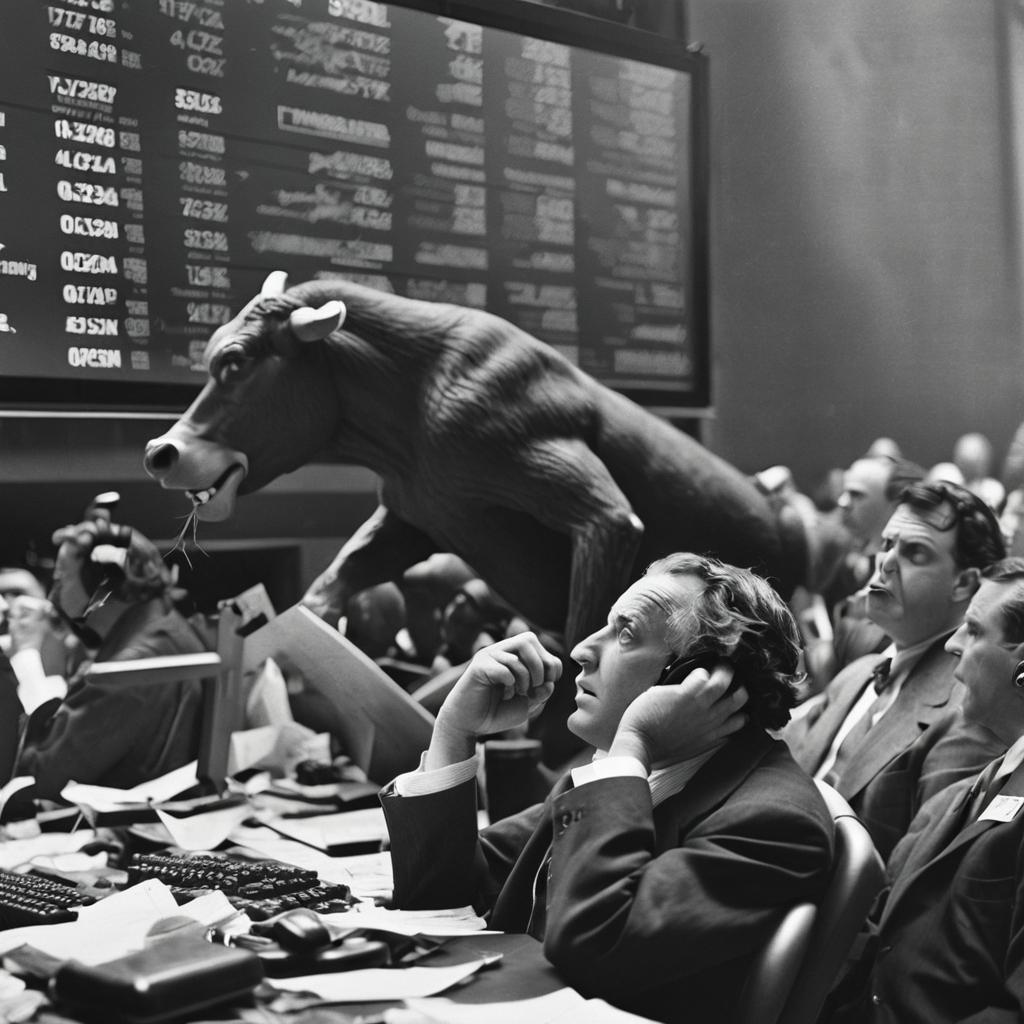Stock market crashes have been recurring events throughout history, causing significant economic upheaval and financial losses for investors. In this article, we’ll examine some of the most notable stock market crashes and the lessons learned from each.

1. Lessons Learned from The Great Depression (1929):
- Lesson Learned: Excessive speculation and unsustainable market valuations can lead to catastrophic market downturns.
- Impact: The 1929 stock market crash triggered the Great Depression, highlighting the importance of effective regulatory oversight and risk management in financial markets.
2. Lessons Learned from Black Monday (1987):
- Lesson Learned: Rapid market declines can occur suddenly and without warning, emphasizing the importance of portfolio diversification and risk mitigation strategies.
- Impact: The 1987 crash, characterized by a 22% single-day decline in the Dow Jones Industrial Average, underscored the need for circuit breakers and other market stability measures.
3. Dot-Com Bubble Burst (2000):
- Lesson Learned: Irrational exuberance and inflated valuations of technology stocks can lead to market bubbles and subsequent crashes.
- Impact: The bursting of the dot-com bubble resulted in significant losses for investors and highlighted the importance of fundamental analysis and prudent investing strategies.
4. Global Financial Crisis (2008):
- Lesson Learned: Excessive risk-taking, lax lending standards, and complex financial instruments can contribute to systemic financial crises.
- Impact: The 2008 financial crisis, triggered by the collapse of the subprime mortgage market. Led to widespread bank failures, government bailouts, and regulatory reforms aimed at preventing future crises.
5. COVID-19 Pandemic (2020):
- Lesson Learned: External shocks. Such as pandemics, geopolitical tensions, or natural disasters. Can trigger sharp market downturns and test investors’ resilience.
- Impact: The COVID-19 pandemic-induced market crash highlighted the importance of maintaining a long-term perspective, staying diversified, and having a disciplined investment approach during periods of uncertainty.
Conclusion:
Stock market crashes serve as sobering reminders of the inherent risks of investing in equities and the importance of prudent risk management strategies. By learning from past market downturns and understanding the underlying factors contributing to each crash. Investors can better navigate volatile market conditions and protect their investment portfolios. Ultimately, maintaining a diversified portfolio, adhering to a long-term investment horizon, and staying informed about market fundamentals are key to weathering the storm of stock market crashes throughout history.
